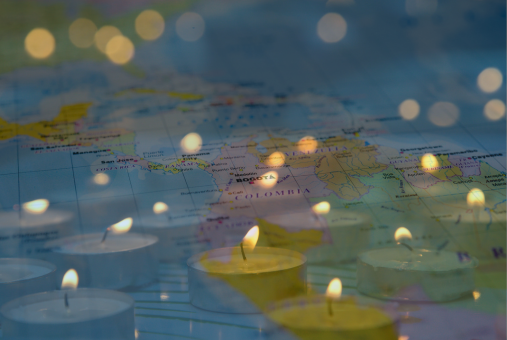
In less than a month, at least four journalists have been killed in Mexico, Peru and Colombia for reasons that could be linked to their work. Experts say these numbers are evidence that violence continues to be one of the main ways to censor in many countries in the region.
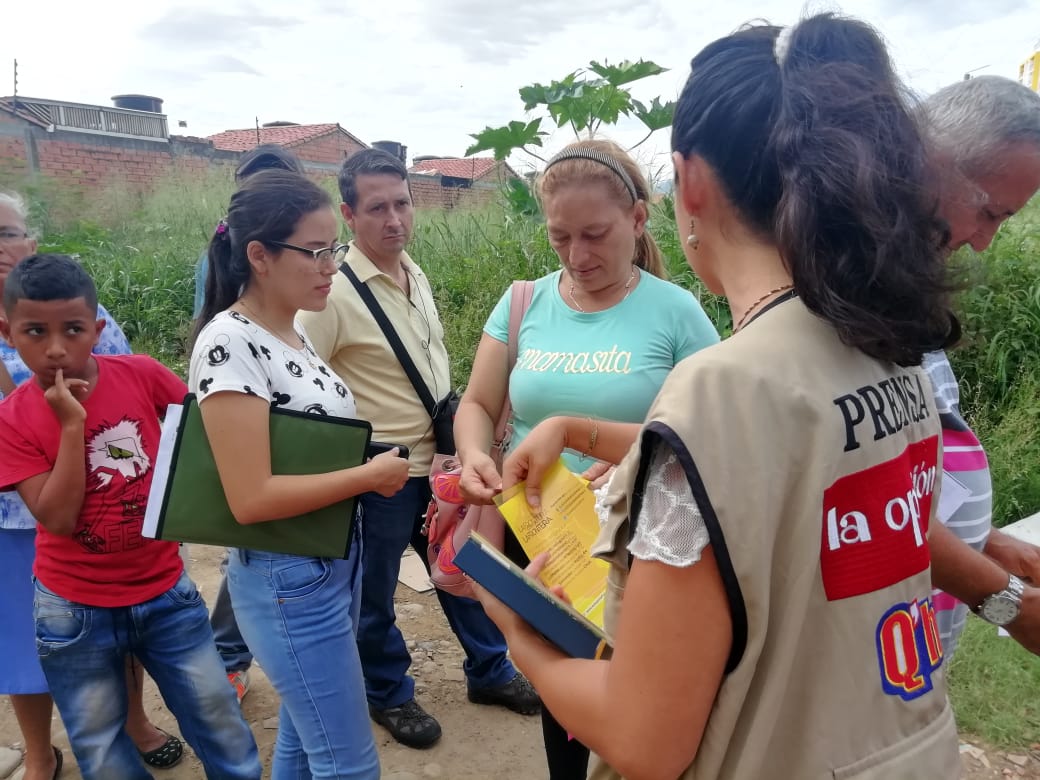
Countering narratives of hate, listening to migrants and delivering practical information are practices journalists who report on migrant communities are implementing to improve coverage ahead of possible measures from the U.S. president.
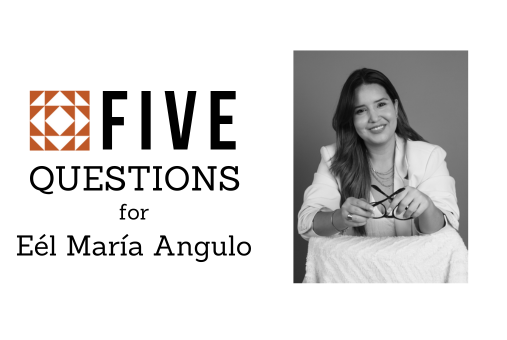
In her debut book ‘A Poison Called Lead,’ reporter Eél María Angulo chronicles her decade-long fight to expose lead pollution's impact on Colombia's children.
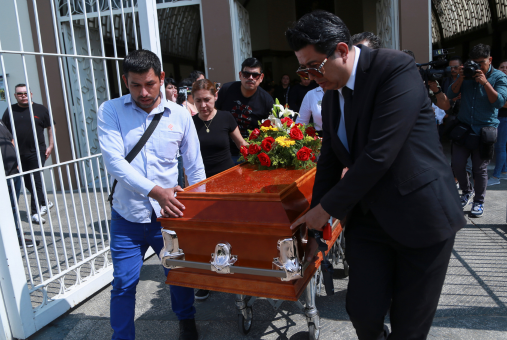
Latin America remains one of the most dangerous regions for journalists, with criminals and governments using killings and arbitrary detentions to silence press workers.

Digital satire programs, such as Mexico’s “El Pulso de la República” or Colombia’s “La Pulla,” are gaining increasing visibility and having big impacts on public discourse in their countries. They’re also filling the gap in sociopolitical criticism left by traditional media, according to research by Peruvian journalist and academic Paul Alonso.

Collusion by authorities, lack of official data and indifference from society make it difficult to cover human trafficking and exploitation, according to journalists who have investigated the topic in Colombia, Mexico and Paraguay.
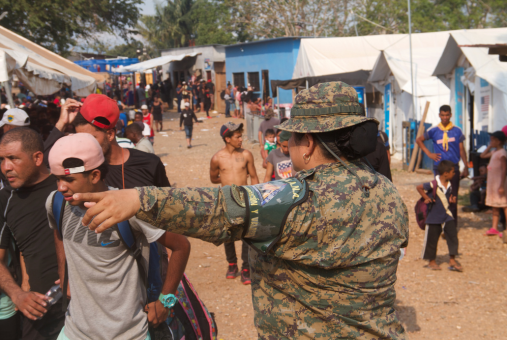
Colombian José Guarnizo and Panamanian Grisel Bethancourt focus on the human rights of migrants and local communities along the dangerous migration route.

The fund was established after journalist Jineth Bedoya won a lawsuit after she was tortured and sexually abused for her reporting. It aims to support prevention efforts and helps female journalists who survive violent attacks.

Brazilian journalist Vanessa de Macedo Higgins Joyce focused on Argentina, Brazil and Colombia and found ways in which digital news media can build consensus in polarized societies.
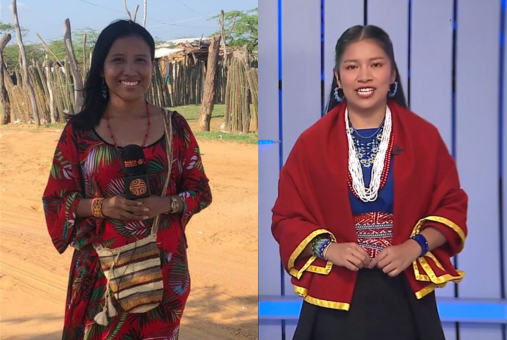
Indigenous communities in Colombia have long fought for their right to be represented in national and community media.
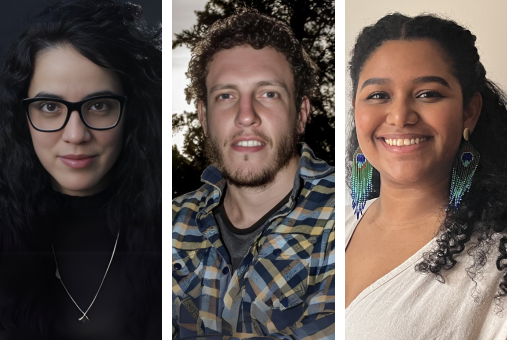
Three award-winning journalists from Argentina, Colombia and Cuba share tips to improve reporting, interviews and the use of language in a piece of narrative journalism.
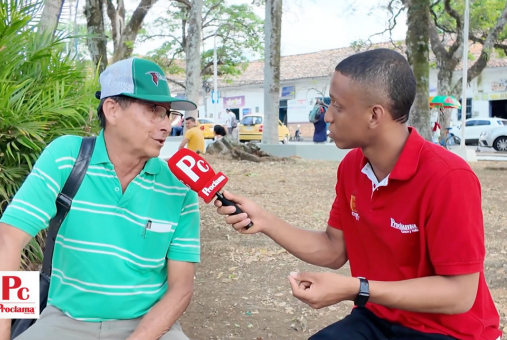
Threats from armed groups, insults from officials and low salaries put local journalism in Colombian in check, according to entities defending press freedom.